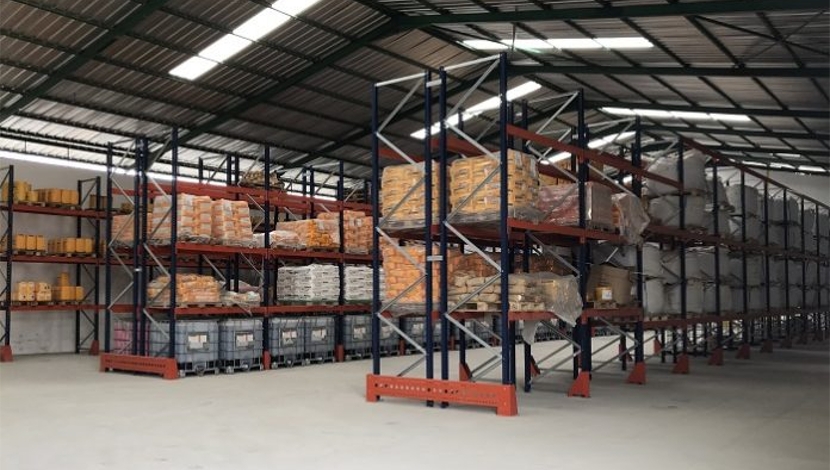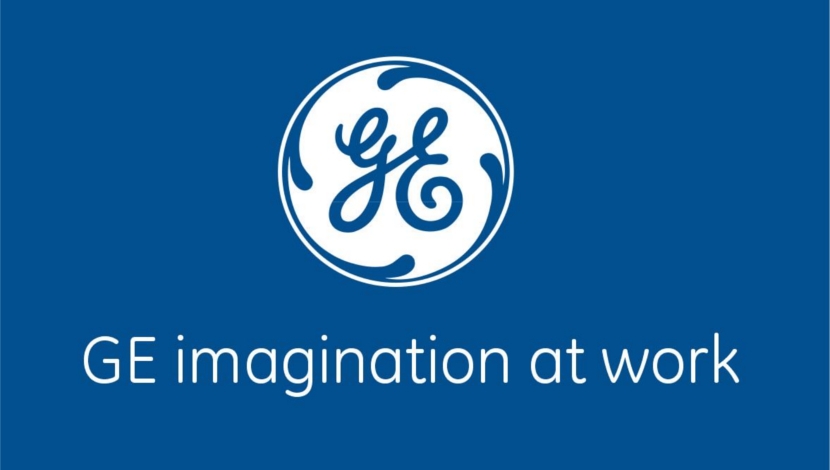
A deposit of limestone discovered at a hot spring in Rusizi District, Bugarama – a small town in southwestern Rwanda – several decades ago has recently become the primary catalyst behind the construction of a new plant by CIMERWA: a 600 000 tpy cement plant with a five-stage precalciner kiln.
Majority-owned by South Africa’s largest cement company, PPC Ltd, in partnership with government and private sector stakeholders, the plant is unlocking the potential of the area through its focus on excellence and sustainability.
As Africa’s economic growth trajectory continues upward, its critical need for infrastructure development mirrors this path. Countries across the continent are working to deliver on this need, as evidenced by the net worth of mega-projects across the continent growing by a staggering 46.2% in 2014 alone (as per the recent African Construction Trends Report compiled by Deloitte).
Mega-projects require mega-resources, however, including construction materials such as cement. These resources also need to be manufactured and supplied locally wherever possible in order to reduce production costs, boost local economies and ensure sustainable job creation.
With many African countries calling for partners to enable this growth, PPC Ltd’s investment in the CIMERWA plant in Bugarama, Rwanda provides a compelling case study as to the viability of this type of long-term collaboration.
Over the past decade, economic growth across Africa has trebled. RMB’s latest “Where to do Business in Africa” report supports this, further noting that the continent has the fastest urbanisation rate globally. Rwanda’s own urban population is set to double by 2017 and, consequently, accommodation and associated infrastructure are critically needed.
In addition, Rwanda is investor-friendly: the 2014 WEF Global Competitiveness Index Report ranks it as the most competitive place to do business in East Africa, and the country also ranks third overall in the broader African competitive index. Its national economy has grown on average by 6.9% y/y over the past five years.
PPC has an extensive footprint in Africa and is fully represented in seven countries with factories, blending facilities, milling and ready-mix batching plants located across Sub-Saharan Africa in particular.
The company has invested significantly in Pan-African projects over the past four years, ensuring reliable provision of quality, world-class materials and related solutions across the continent.
This is part one of a three-part article written for World Cement’s December issue and abridged for the website.





